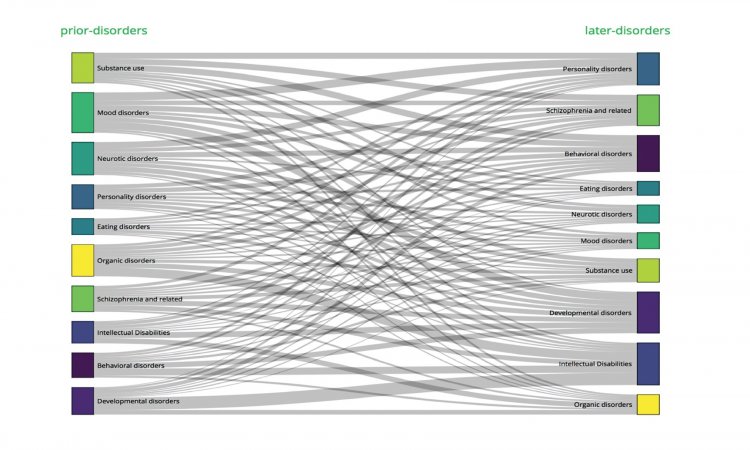News • Oral contraceptives
Can birth control pills keep you from recognising emotions?
The pill could be blurring your social judgement ‒ but perhaps not enough so you'd notice.
Source: Unsplash/Alec Favale
By challenging women to identify complex emotional expressions like pride or contempt, rather than basic ones like happiness or fear, scientists have revealed subtle changes in emotion recognition associated with oral contraceptive pill (OCP) use. Published in Frontiers in Neuroscience, their study found that OCP users were nearly 10% worse on average than non-users in deciphering the most enigmatic emotional expressions, raising questions over the possible impact of OCPs on social interactions in intimate relationships.

Women deciding whether to take an oral contraceptive have access to a lot of reliable information about the potential physical effects. Besides birth control, hormonal contraceptives can help control acne, heavy periods and endometriosis ‒ as well as reducing the risk of ovarian, uterine and colon cancers. On the downside, the pill can increase slightly the risk of breast and cervical cancer, blood clots and high blood pressure.
But the psychological effects of OCP use are less well documented. "More than 100 million women worldwide use oral contraceptives, but remarkably little is known about their effects on emotion, cognition and behavior," says study senior author Dr Alexander Lischke of the University of Greifswald, Germany. "However, coincidental findings suggest that oral contraceptives impair the ability to recognize emotional expressions of others, which could affect the way users initiate and maintain intimate relationships."
If oral contraceptives caused dramatic impairments in women's emotion recognition, we would have probably noticed this in our everyday interactions with our partners
Alexander Lischke
To further investigate the effects of OCPs on women's emotion recognition, the researchers administered a special emotion recognition task to two similar groups of healthy women: 42 OCP users, and 53 non-users. "If oral contraceptives caused dramatic impairments in women's emotion recognition, we would have probably noticed this in our everyday interactions with our partners," suggests Lischke. "We assumed that these impairments would be very subtle, indicating that we had to test women's emotion recognition with a task that was sensitive enough to detect such impairments. We, thus, used a very challenging emotion recognition task that required the recognition of complex emotional expressions from the eye region of faces"
The results were, as expected, subtle ‒ but very clear: OCP users were less accurate in the recognition of the most subtle complex expressions than non-users ‒ by nearly 10%, on average. "Whereas the groups were equally good at recognizing easy expressions, the OCP users were less likely to correctly identify difficult expressions." The effect held for both positive and negative expressions, and regardless of the type of OCP or the menstrual cycle phase of non-users.
Recommended article

News • Contraception
Male birth control: as easy as a layered cocktail?
For decades, women have shouldered most of the burden of contraception. However, long-term use of female birth control pills could increase the risk for side effects such as blood clots or breast cancer. Now, inspired by colorful layered cocktails, researchers have developed a medium-term, reversible male contraceptive. They report their results in the journal ACS Nano. Common forms of male…
According to Lischke, the findings are consistent with previous research. "Cyclic variations of estrogen and progesterone levels are known to affect women's emotion recognition, and influence activity and connections in associated brain regions. Since oral contraceptives work by suppressing estrogen and progesterone levels, it makes sense that oral contraceptives also affect women's emotion recognition However, the exact mechanism underlying oral contraceptive induced changes in women's emotion recognition remains to be elucidated."
He stresses the need for further studies that replicate and extend the findings of the present study before thinking about changing current guidelines regarding the prescription of OCPs. "Further studies are needed to investigate whether oral contraceptive-induced impairments in emotion recognition depend on the type, duration or timing of use. These studies should also investigate whether these impairments actually alter women's ability to initiate and maintain intimate relationships. If this turns out to be true, we should provide women with more detailed information about the consequences of oral contraceptive use."
Source: Frontiers
13.02.2019










